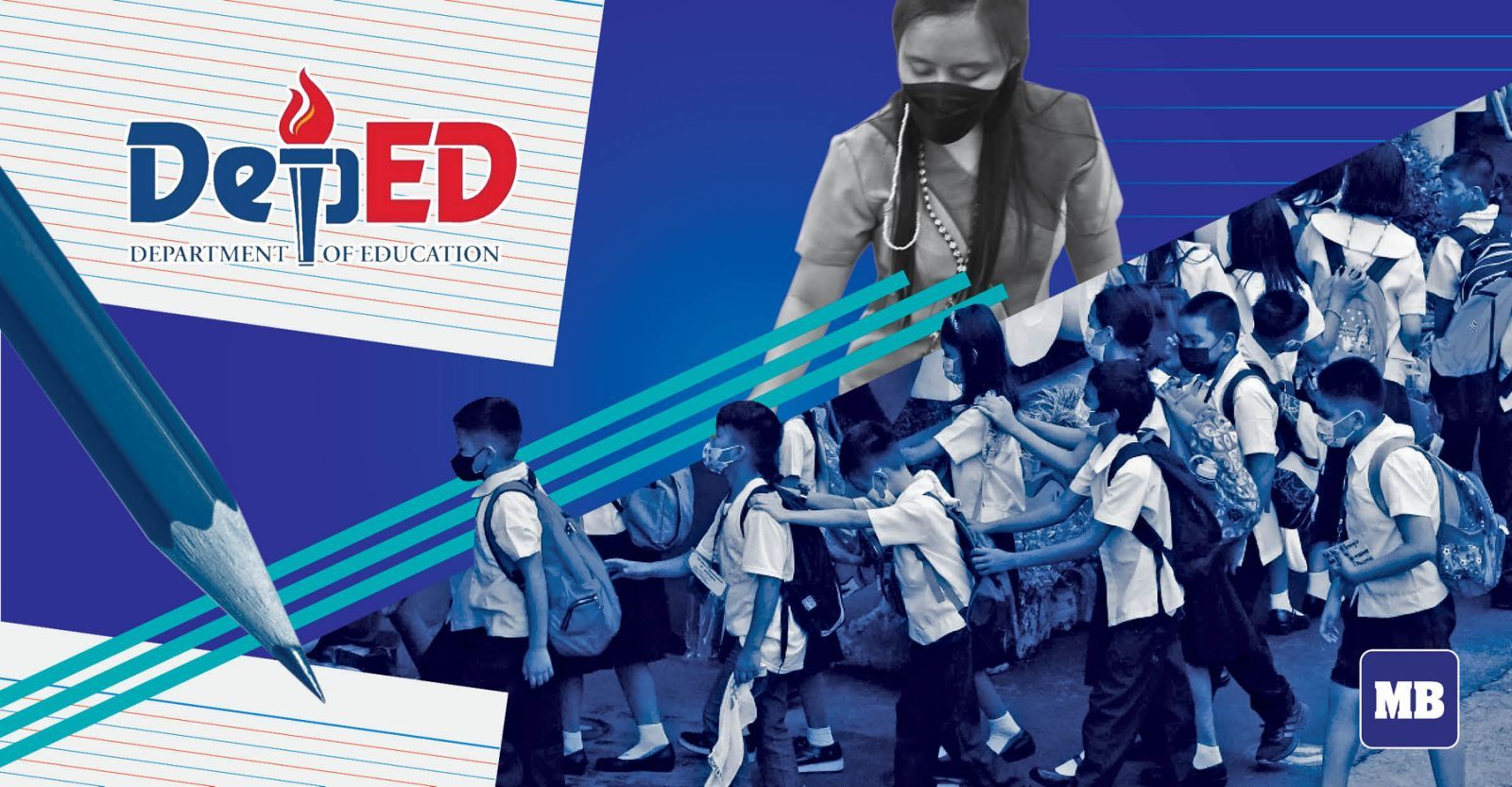Angara: DepEd's 5-point reform agenda to tackle key challenges in basic education
Department of Education (DepEd) Secretary Sonny Angara outlined the department’s 5-point reform agenda, which aims to address critical challenges in the Philippine education system.

Speaking at the UNICEF 2024 Outcome Review Meeting for the 9th Country Programme for Children (CPC9) in the Philippines on Feb. 4, Angara explained how the comprehensive plan focuses on improving school infrastructure, enhancing teacher training, updating curricula, fostering stronger leadership, and ensuring that education remains accessible to all learners across the country.
“DepEd considers UNICEF one of its strongest allies in education,” Angara said. “This partnership has transformed many lives and helped drive improvements in basic education in the Philippines,” he added.
The meeting was attended by UNICEF Chief for Education Akihiro Fushimi, UNICEF Chief for Planning, Monitoring, Evidence, and Data Xavier Foulquier, along with representatives from DepEd and the Teacher Education Council (TEC).
5-point reform agenda
Angara noted that the 5-Point Reform Agenda, which aims to address longstanding challenges in basic education, aligns with the targets set by President Marcos.
DepEd’s 5-Point Reform Agenda, he explained, is a step toward addressing systemic issues in the education sector, with the Quality Basic Education Development Plan (Q-BEDP) identifying key reform areas, setting clear targets, and outlining a long-term strategy for the next decade.
He also stressed the crucial role of partnerships in achieving reforms in the basic education sector.
Angara highlighted DepEd's current initiatives to tackle the learning crisis, broaden opportunities for out-of-school youth, reinforce child protection policies, and maintain learning continuity during disasters.
He said that these initiatives align with DepEd’s comprehensive reform agenda and ongoing efforts to improve transparency, accountability, and investment in the education sector.
As part of these efforts, DepEd is rolling out the Academic Recovery and Accessible Learning Program (ARAL), which offers tutoring and remediation for students facing academic challenges. The department is also evaluating the Senior High School (SHS) program to ensure it stays aligned with the evolving needs of the labor market.
Angara also emphasized the importance of strengthening Early Childhood Care and Development (ECCD) programs and the Alternative Learning System (ALS) to solidify early learning foundations and support the reintegration of out-of-school youth into formal education.
Additionally, DepEd is revising the implementing rules of the Anti-Bullying Act of 2013 while expanding the Learners' Rights and Protection Office.
DepEd is also enforcing the Basic Education Mental Health and Well-Being Promotion Act and prioritizing the recruitment of guidance counselors to offer mental health support for both students and teachers.
To ensure uninterrupted learning during disasters, DepEd has revised school suspension guidelines and alternative delivery modes, enabling schools to implement flexible learning programs like the Dynamic Learning Program (DLP).